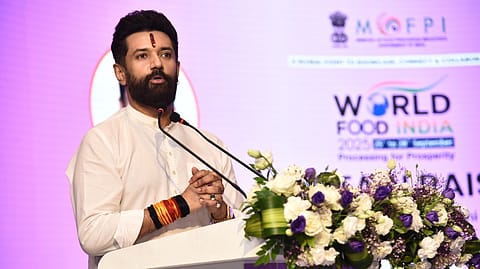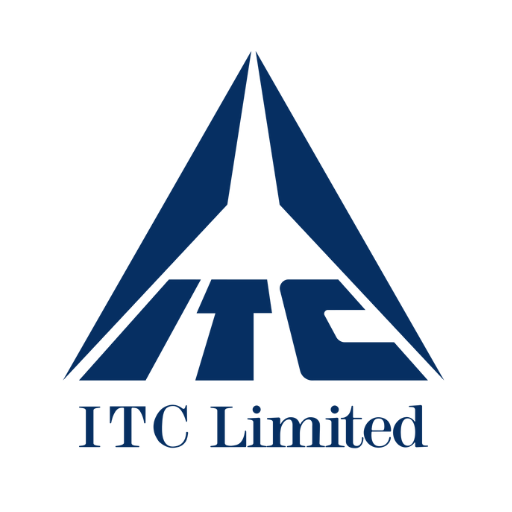Food processing industry pledges to pass on GST benefits to consumers
Chirag Paswan, the Minister of Food Processing Industries, called on industry leaders to ensure that the benefits of the GST rationalisation reach every link of the value chain—from farmers and MSMEs to end consumers.

Industry leaders in food processing have pledged to pass on GST benefits to consumers and strengthen outreach to small enterprises, farmers, and MSMEs, as the government pushes forward its next-generation tax reforms.
At a roundtable hosted by the Ministry of Food Processing Industries (MoFPI) in collaboration with the Confederation of Indian Industry (CII) on September 11, CEOs from major food processing companies, including Amul, Britannia, Coca-Cola, Dabur, ITC, PepsiCo, Mondelez, and Bisleri, voluntarily committed to transferring the benefits of GST rate reductions directly to consumers. The interaction was chaired by Chirag Paswan, Minister of Food Processing Industries, according to a PIB release.
The discussion centred around the recently announced GST reforms, which rationalise the tax structure into two main slabs: 5% and 18%. Staples, dairy, bakery, and packaged food products now fall under the lower tax brackets, reducing the cost burden for businesses and consumers alike. These changes aim to correct inverted duty structures and simplify compliance, thereby enhancing the ease of doing business in the sector.
Paswan emphasised that the reforms are not just about tax reduction but represent a transformative step to strengthen the entire food processing ecosystem, aligned with the Prime Minister’s vision of ‘Reform, Perform, and Transform’. “Our objective is to ensure benefits flow equitably across the value chain, from farmers and MSMEs to consumers,” he said, adding that the reforms would improve liquidity for enterprises and boost competitiveness both domestically and internationally.
He called on industry leaders to “ensure that benefits of the GST rationalisation reach every link of the value chain—from farmers and MSMEs to end consumers.”
A.P. Das Joshi, secretary of MoFPI, urged enterprises to prioritise innovation and value addition to drive sustainable growth in a sector where India remains the world’s largest producer of many agricultural commodities but faces low levels of value addition.
Industry leaders also committed to supporting smaller players in the ecosystem, ensuring farmers receive better value, promoting import substitution, and advancing the Make in India initiative. They identified key opportunities in technology adoption, product diversification, and export growth, while highlighting areas that require further government facilitation.
Recommended Stories
To unlock the food processing sector’s full potential, with government-industry partnership, the government announced that the Fourth edition of World Food India will take place from 25th–28th September 2025 at Bharat Mandapam, New Delhi.


